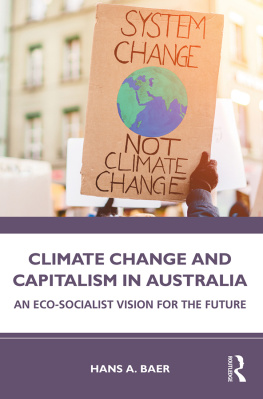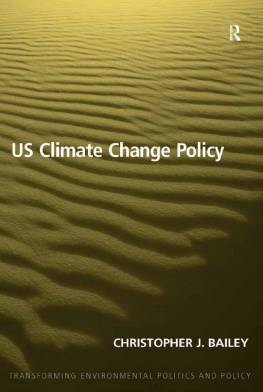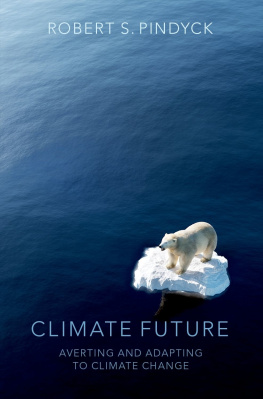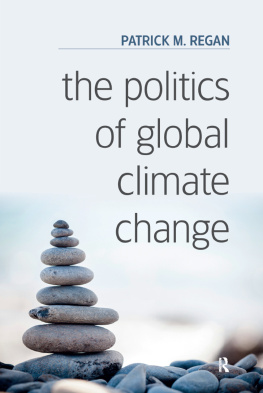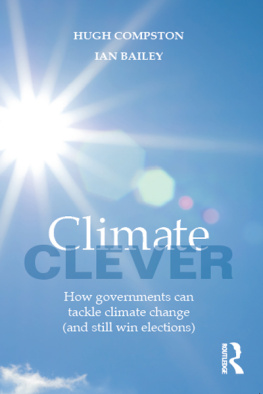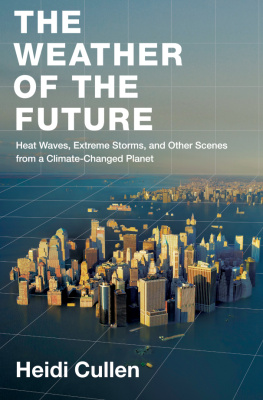System change not climate change has been an increasingly strong rallying call within climate action movements. But, what does it really mean? In this second edition, Hans Baer details the massive implications of climate change, ten years on in the climate emergency that we are now all experiencing.
Anitra Nelson,Small is Necessary (2018), Exploring Degrowth: A Critical Guide (2020), Beyond Money a Postcapitalist Strategy (2022)
An engaging and persuasive vision of Australia transformed by eco-socialism. Opening chapters explain the impacts of climate change on Australia and the economics and politics behind Australias use of fossil fuels. The middle chapters show how mainstream politics has failed to deal with the crisis, as well as giving a detailed analysis of the environmentalist and leftist response. In a pause for reflection, Baer presents an auto-ethnography of activism on climate change, a great description of how these movements operate at the grass roots. Rod Quantock, a left comedian in Australia, is interviewed and explains the likelihood of collapse. This provides a platform to launch Baers more optimistic vision of eco-socialism. The detail of these suggestions is impressive and will be much appreciated by all those concerned about our environmental crisis.
Terry Leahy, The University of Newcastle, Australia
Climate Change and Capitalism in Australia
Recognizing that climate politics has been an increasingly contentious and heated topic in Australia over the past two decades, this book examines Australian capitalism as a driver of climate change and the nexus between the corporations and Coalition and Australian Labor parties.
As a highly developed country, Australia is punching above its weight in terms of contributing to greenhouse gas emissions despite rising temperatures, droughts, water shortages and raging bushfires, storm surges and flooding, and the bleaching of the Great Barrier Reef. Drawing upon both archival and ethnographic research, Hans A. Baer examines Australian climate politics at the margins, namely the Greens, the labor union, the environmental NGOs, and the grass-roots climate movement. Adopting a climate justice perspective which calls for system change, not climate change as opposed to the conventional approach of seeking to mitigate emissions through market mechanisms and techno-fixes, particularly renewable energy sources, this book posits system-challenging transitional steps to shift Australia toward an eco-socialist vision in keeping with a burgeoning global socio-ecological revolution.
Accessibly written and including an interview with renowned comedian and climate activist Rod Quantock OAM, this book is essential reading for academics, students, and general readers interested in climate change and climate activism.
Hans A. Baer is an anthropologist based at the University of Melbourne. He works extensively on a diversity of research topics, including Mormonism, African American religion, socio-political life in East Germany, critical health anthropology, medical pluralism in the US, UK, and Australia, the critical anthropology of climate change, and eco-socialism.
First published 2022
by Routledge
2 Park Square, Milton Park, Abingdon, Oxon OX14 4RN
and by Routledge
605 Third Avenue, New York, NY 10158
Routledge is an imprint of the Taylor & Francis Group, an informa business
2022 Hans A. Baer
The right of Hans A. Baer to be identified as author of this work has been asserted by him in accordance with sections 77 and 78 of the Copyright, Designs and Patents Act 1988.
All rights reserved. No part of this book may be reprinted or reproduced or utilised in any form or by any electronic, mechanical, or other means, now known or hereafter invented, including photocopying and recording, or in any information storage or retrieval system, without permission in writing from the publishers.
Trademark notice: Product or corporate names may be trademarks or registered trademarks, and are used only for identification and explanation without intent to infringe.
British Library Cataloguing-in-Publication Data
A catalogue record for this book is available from the British Library
Library of Congress Cataloging-in-Publication Data
Names: Baer, Hans A., 1944 author.
Title: Climate change and capitalism in Australia : an eco-socialist vision for the future / Hans A. Baer.
Description: Abingdon, Oxon ; New York, NY : Routledge, 2022. | Includes bibliographical references and index.
Subjects: LCSH: Climatic changesPolitical aspectsAustralia. | Climatic changesEconomic aspectsAustralia. | CapitalismAustralia. | Environmental policyAustralia. | EnvironmentalismAustralia. | Environmental justiceAustralia.
Classification: LCC QC903.2.A8 B34 2022 (print) | LCC QC903.2.A8 (ebook) | DDC 363.738/7460994dc23
LC record available at https://lccn.loc.gov/2021017063
LC ebook record available at https://lccn.loc.gov/2021017064
ISBN: 978-1-032-06489-5 (hbk)
ISBN: 978-1-032-06488-8 (pbk)
ISBN: 978-1-003-20253-0 (ebk)
DOI: 10.4324/9781003202530
Typeset in Bembo
by Apex CoVantage, LLC
As a health and ecological anthropologist, I started working on climate change issues starting around 2005 when Hurricane Katrina hit New Orleans, not far from where I was at the time situated as an academic at the University of Arkansas at Little Rock. Shortly after immigrating to Australia in January 2006 to start up a continuing academic position at the University of Melbourne, I have been working on climate-change-related issues full steam and have published, sometimes alone and sometimes with others, numerous articles, book chapters, and books that touch upon climate change and sustainability issues in one way or the other. Since 2008, at some level I have acted as a climate justice activist, seeking to engage in praxis or the merger of theory and social action. I have attended numerous climate rallies and climate action conferences in the larger society and also climate-change-related seminars, lectures, and panel discussions on climate-change-related issues, particularly at the University of Melbourne but also at other Australian universities. People in these settings almost uniformly accept the findings of climate science that anthropogenic climate change is already having devastating impacts on human populations and non-human species around the world, including Australia. They generally are not climate deniers or skeptics who one might find in the more conservative corridors of corporate and political life or the larger society. Nevertheless, while there may be a recognition that specific practices or activities, such as fossil fuel production and utilization, consumption, or meat eating, contribute to greenhouse gas emissions and thereby climate change, I have found that there is often a reluctance to situate these drivers under a larger driver, namely capitalism, a world system that has diffused to virtually every inhabitable corner of the world. I am not entirely sure why this is the case, but I suspect that it often is that people generally are deeply embedded in the system, and coming to terms with this might require drastic social and behavioral changes.

